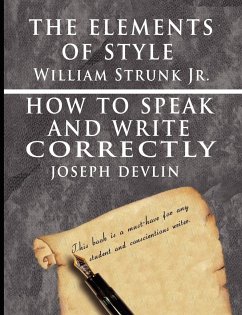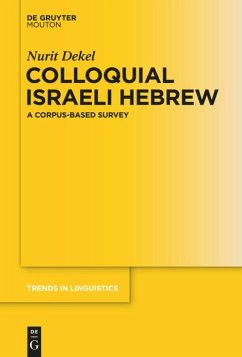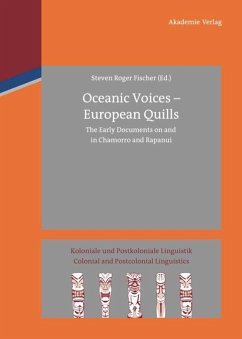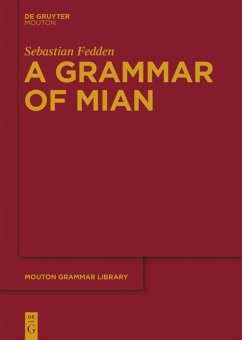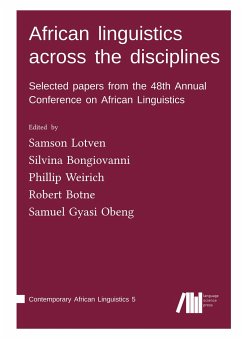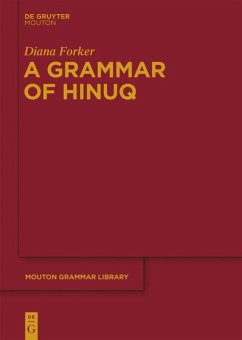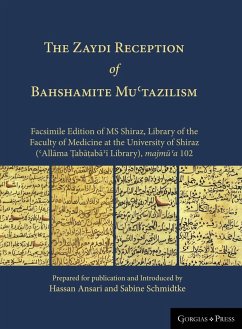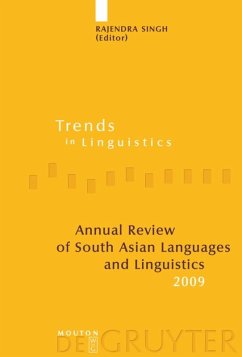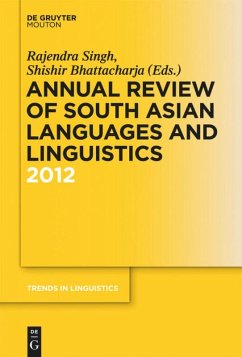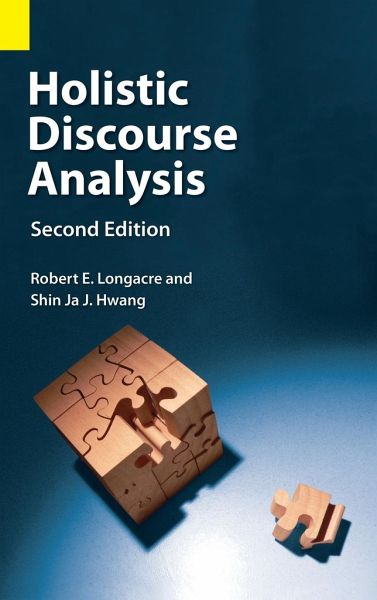
Holistic Discourse Analysis, Second Edition
Versandkostenfrei!
Versandfertig in 1-2 Wochen
55,99 €
inkl. MwSt.

PAYBACK Punkte
28 °P sammeln!
The central idea of this volume is the insistence that the structure of a part of a text must be explained in light of the structure of the whole. This needs to be repeated anew to every generation of linguistics students as a warning against analytic nearsightedness-the fixation on parts of a text without regard to the whole. Holistic Discourse Analysis is not a plea to abandon the analysis of lower levels of grammar, but to enrich the study of them by putting them in broader perspective. The book addresses discourse analysis and its purpose, text typology, and constituent-based charting with...
The central idea of this volume is the insistence that the structure of a part of a text must be explained in light of the structure of the whole. This needs to be repeated anew to every generation of linguistics students as a warning against analytic nearsightedness-the fixation on parts of a text without regard to the whole. Holistic Discourse Analysis is not a plea to abandon the analysis of lower levels of grammar, but to enrich the study of them by putting them in broader perspective. The book addresses discourse analysis and its purpose, text typology, and constituent-based charting with an analysis of a story in terms of peak and profile. It discusses functions of different verb types and their tense/aspect/modality, of noun phrases, and of clause combining in discourse. It includes a chapter with a layman's introduction to discourse analysis, and another with ways to represent combinations of sentences in a paragraph. The last three chapters deal with nonnarrative discourses: procedural, hortatory, and expository. This Second Edition has significantly improved the usability of the volume by employing color-coding in illustrative texts so the reader can more easily visualize multiple levels of prominence in these texts. This book offers itself both as a classroom text and a field manual for discourse analysis. It can also serve as an introduction to the more theoretically oriented volume, Longacre's The Grammar of Discourse (1996). Robert Longacre has a Ph.D. from the University of Pennsylvania. He and his wife Gwen translated the New Testament into Trique, an Oto-Manguean language. From 1972 to 1991 he taught linguistics at the University of Texas at Arlington and served as a linguistic consultant for SIL. At present, he is researching the discourse structure of biblical Hebrew and also the theory and practice of discourse analysis in general. Shin Ja Hwang, was a student of Robert Longacre in her M.A. and Ph.D. studies and has worked with him as a colleague. She has taught graduate courses on discourse analysis, functional grammar, language universals and typology, and sociolinguistics at Texas SIL, the Graduate Institute of Applied Linguistics, and the University of Texas at Arlington.



